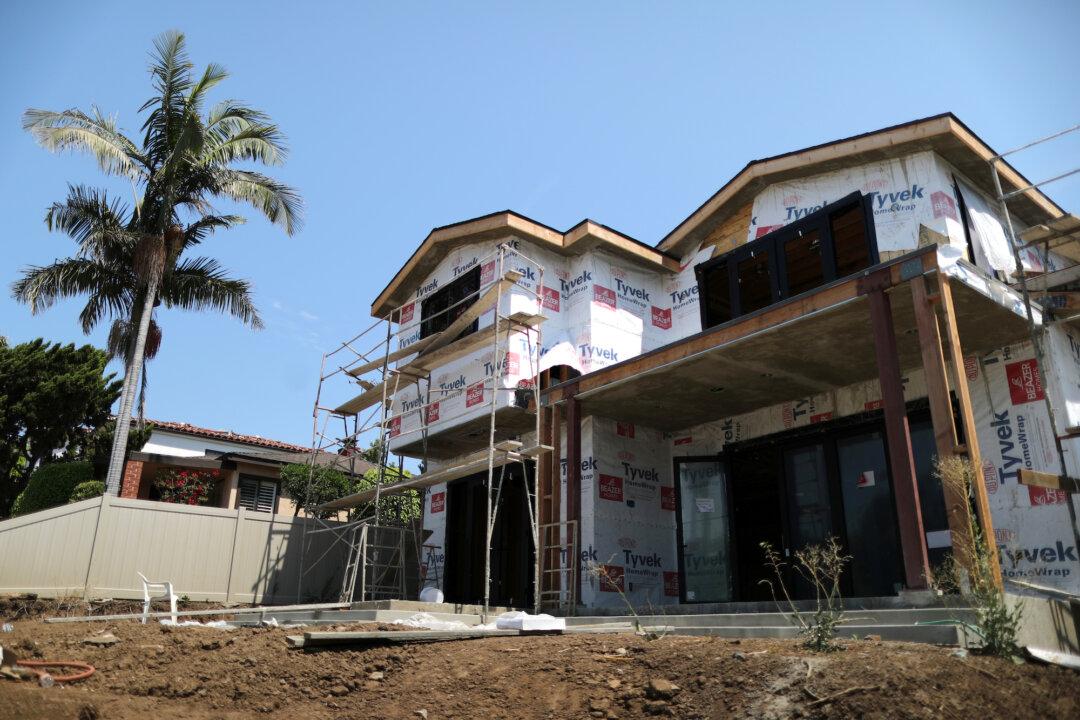Commentary
If Californians haven’t already, they’re bound to hear much more about CEQA—pronounced “SEE-kwuh”—or the California Environmental Quality Act, in the coming days.

If Californians haven’t already, they’re bound to hear much more about CEQA—pronounced “SEE-kwuh”—or the California Environmental Quality Act, in the coming days.